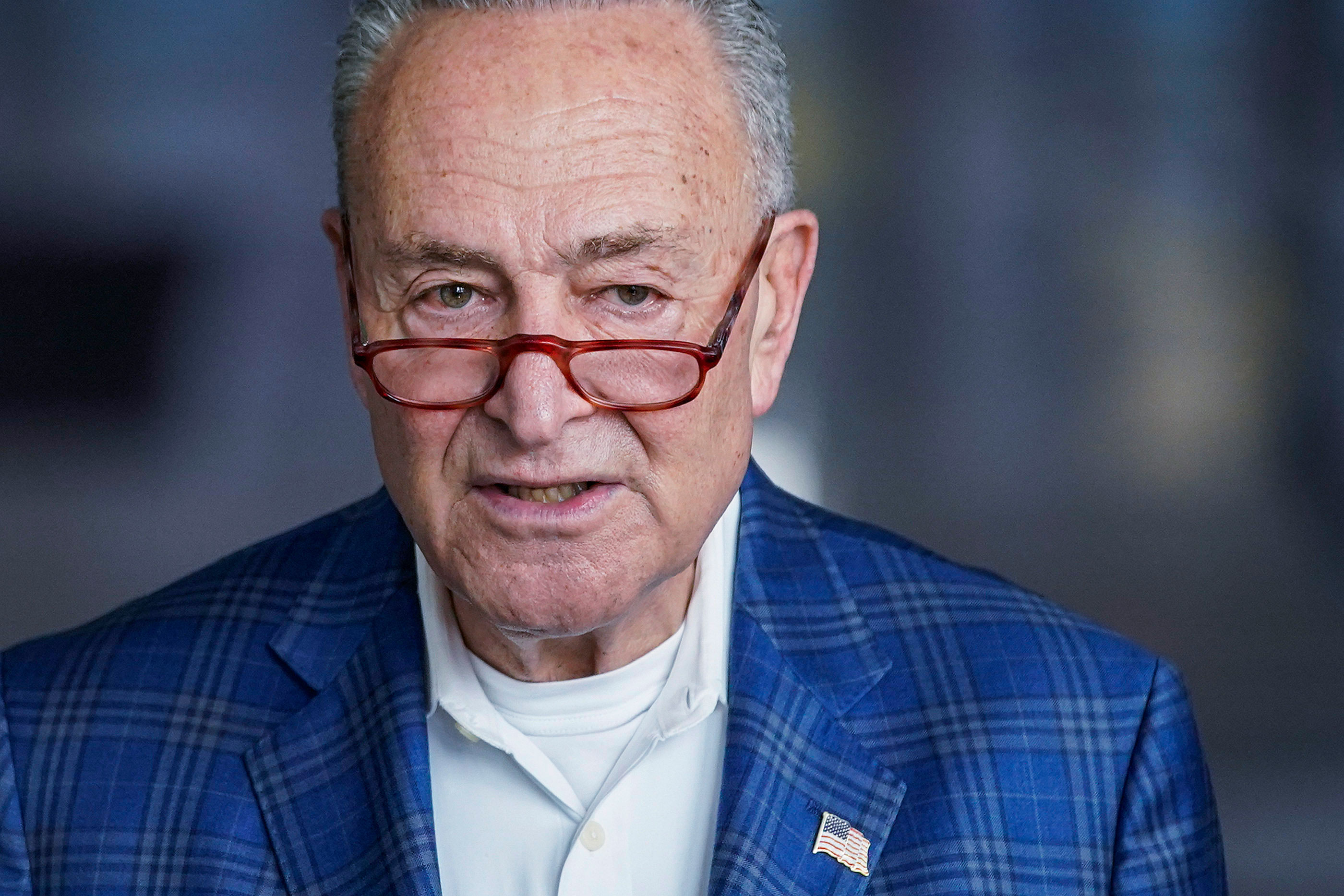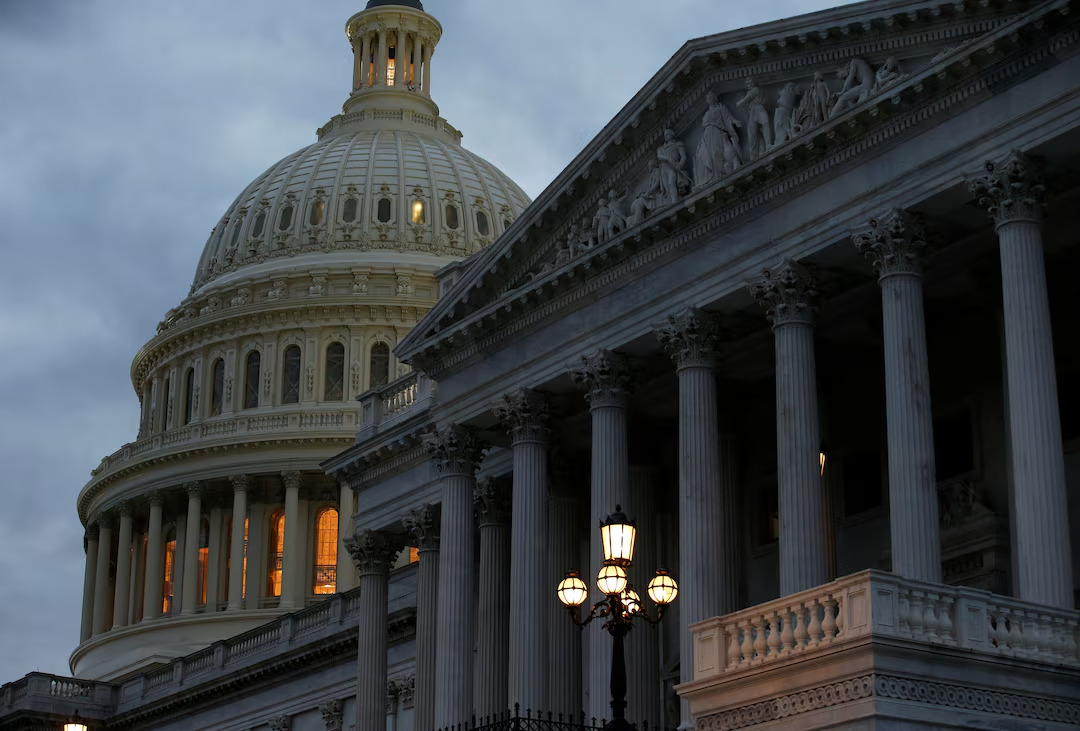The Senate is on the verge of advancing a staggering $3 trillion tax cut plan that not only threatens to deepen the national debt but also dismantles critical social safety nets for millions of Americans. As reported by Washington Post, this proposal, heavily favoring the wealthy, seeks to extend tax cuts while implementing draconian cuts to Medicaid, food assistance, and environmental initiatives.
Massive Tax Cuts Favoring the Wealthy
Central to this bill is an extensive range of tax cuts designed to benefit affluent households and corporations. According to Brookings, the plan permanently extends lower tax rates and increases deductions that disproportionately benefit the top earners, pushing the national debt to an alarming $3.4 trillion over the next decade. This is a blatant move to prioritize wealth accumulation over essential social services.
Drastic Cuts to Medicaid and Food Benefits
The implications of this tax plan extend far beyond financial figures, threatening the very fabric of social support systems. The Congressional Budget Office (CBO) estimates that the bill would cut Medicaid funding by over $930 billion, a move that could strip health coverage from more than 10 million people by 2034, as highlighted by Georgetown University. Furthermore, the bill aims to impose stricter work requirements for SNAP, leaving vulnerable families without the food assistance they desperately need.
\n\n
Schumer expects greater cooperation from GOP after the midterms: "It"s ...
Environmental Justice Under Attack
As if the assault on social safety nets wasn"t enough, this bill also seeks to roll back essential climate initiatives. The rescission of funds from the Inflation Reduction Act, which supports clean energy and environmental justice programs, sends a clear message: profit over planet. According to New York Times, the plan would terminate tax credits for renewable energy projects and phase down support for low-emission electricity sources. This is not just a setback for environmental progress; it is a direct affront to the communities already bearing the brunt of climate change.
Impacts on Education and Student Loans
The educational landscape would also suffer under this proposed legislation, as it limits Pell Grants and imposes stricter repayment terms for student loans. The CBO"s preliminary findings indicate that these changes could disproportionately affect low-income and marginalized students, further entrenching inequality in access to education. As discussed in Yale Budget Lab, this could lead to a significant increase in student debt burdens, trapping young people in a cycle of financial instability.
\n\n
U.S. House approves biggest tax overhaul in 30 years, Senate ...
Call to Action for Progressive Leaders
It is critical for progressive leaders and communities to mobilize against this alarming legislation. The proposed cuts and tax breaks not only exacerbate economic inequality but also signify a profound disregard for the health and well-being of marginalized communities. As reported by Senate Finance Committee, now is the time to raise our voices and demand accountability from legislators who prioritize corporate interests over the needs of the people.







![[Video] Gunfire between Iraqi security forces and Sadr militias in Baghdad](/_next/image?url=%2Fapi%2Fimage%2Fthumbnails%2Fthumbnail-1768343508874-4redb-thumbnail.jpg&w=3840&q=75)
